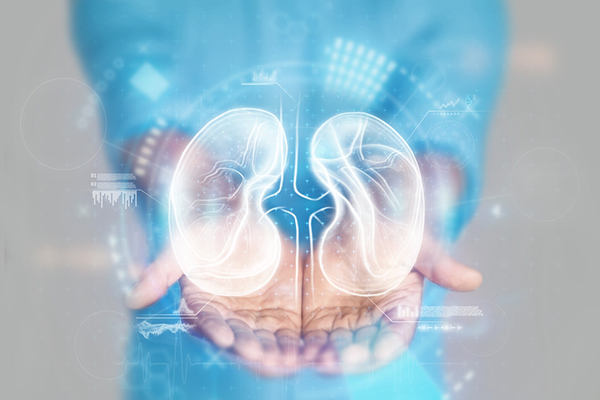It involves both benign and malignant urological diseases and conditions, such as urinary incontinence, benign prostatic hyperplasia, kidney stones (endourology), bladder cancer, prostate cancer and over-active bladder syndrome. However, the urological disease and conditions list is extensive, and this is just a small example. Urology care and treatment usually involves some form of invasive procedure or surgery, as part of the treatment or diagnostics, however urology is also made up of non-invasive forms of treatment and preventative management also.
Listed below are some of the urology nurse roles and skills;
- Lithotripsy
- Intradetrusor Botox
- Non-medical prescribing
- Urodynamics
- Recurrent urinary tract infection (UTI) nurse-led clinic
- Lower urinary tract symptoms (LUTS) Assessment
- Flexible cystoscopy
- Delivery of intravesical treatments
- Key worker for all urological tumour groups
- Stent removals
- Complex catheter changes
- Prostate biopsy
- Laser ablation of bladder tumours
Urology professionals work closely with the multi-disciplinary team to support patients, for example, physiotherapists, gynaecology, oncology, radiology and many more.
Find out about male and female urology and a case study for each below.
